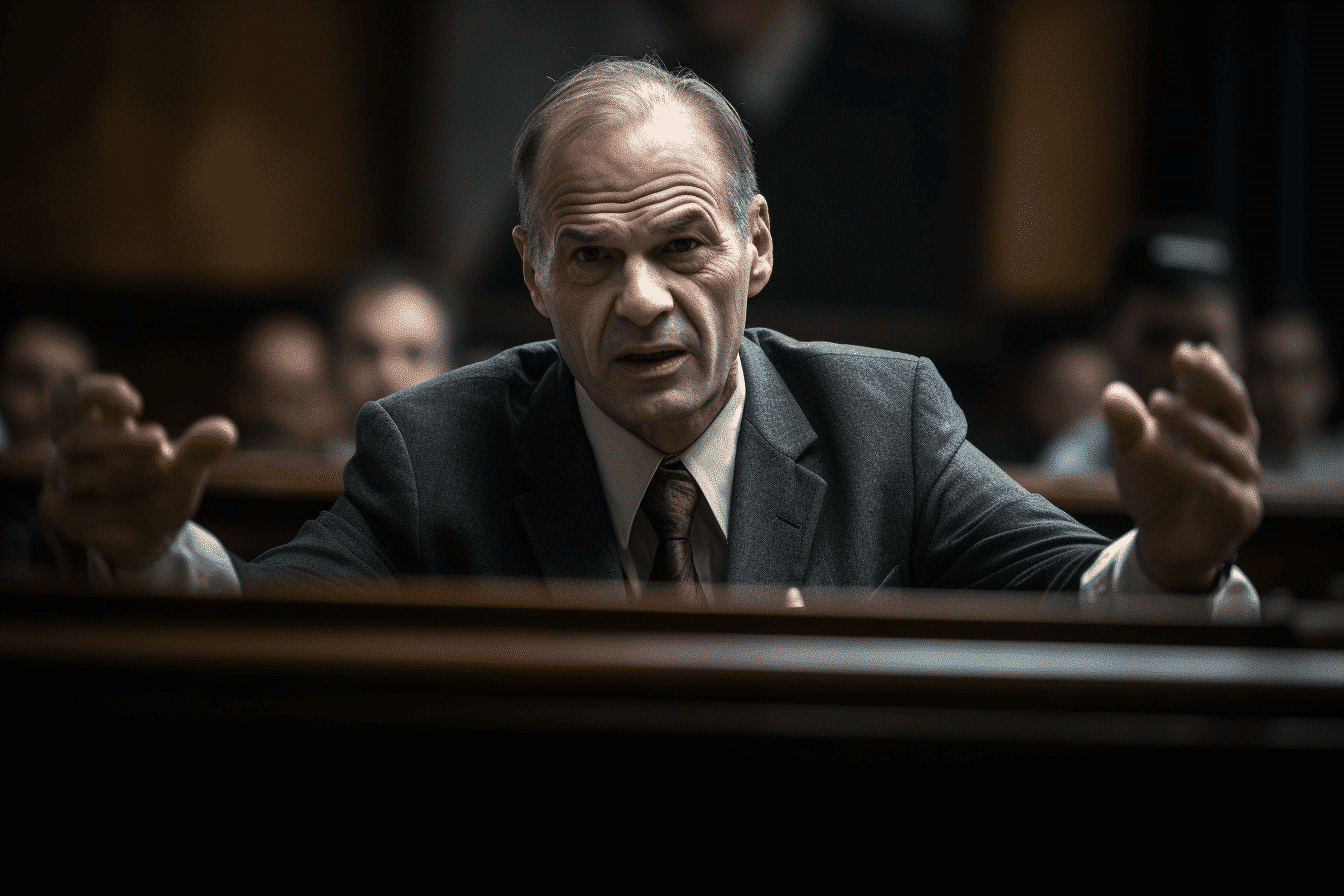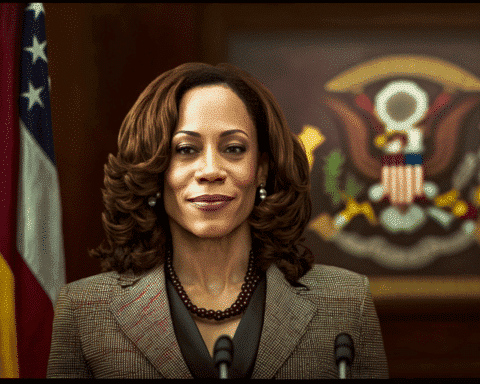The lead prosecutor handling the case against Hunter Biden, son of President Joe Biden, has expressed readiness to provide public testimony in the fall. This development has instigated a conflict with House Republicans, including Rep. Jim Jordan, who has previously insisted on a private, prompt interview.
In a letter to Rep. Jordan on Monday, the Justice Department proposed that U.S. Attorney David Weiss of Delaware testify before the House Judiciary Committee in a public hearing after the August recess. This offer comes as Republicans intensify their investigation into Weiss’s management of the Hunter Biden probe.
In his letter to Jordan, Assistant Attorney General Carlos Uriarte expressed the Department’s strong belief in the importance of letting the public and Congress hear directly from Weiss about his authority and the claims being raised at a public hearing.
Last month, House Republicans, led by Jordan, the Judiciary Committee chair, asked for Weiss and approximately a dozen other officials to participate in transcribed interviews with the committee. This was part of their investigation into allegations that the Justice Department inappropriately interfered in the investigation into Hunter Biden’s financial transactions. Weiss’s research culminated in a plea agreement last month, likely averting any jail time for Biden.
The congressional inquiry commenced after two IRS agents involved in the Hunter Biden case testified to a recurring pattern of delaying investigative procedures and enforcement actions in the lead-up to the 2020 presidential election. These agents, who testified publicly last week, insist that their testimonies indicate systemic interference and favouritism in the Hunter Biden case rather than differing views on investigative procedures.
The Justice Department has been disputing these claims from the IRS agents for several weeks. They particularly rejected an explosive claim suggesting Weiss was not granted full authority throughout the extensive investigation.
In a letter to Jordan, Weiss stated that the Department had assured him of gaining special status to press charges outside of Delaware if needed. Typically, U.S. Attorneys are restricted to their jurisdictions for criminal charges.
Uriarte informed Republicans that due to enduring department policy, Weiss and other officials associated with the case would be barred from testifying before Congress while the investigation was in progress. However, the committee continued to demand a private interview with Weiss.
The readiness to now make Weiss available comes as Hunter Biden is expected to plead guilty to federal tax crimes, allowing the prosecutor to offer some public testimony.
The Justice Department hopes that presenting Weiss for a public Congressional hearing would enable him to address Republicans’ misconduct allegations directly. They aim to rectify what they perceive as a skewed representation of the investigation.
Democrats in the House view this public hearing proposal as an opportunity for the Biden-led Justice Department to reclaim the narrative surrounding the high-profile case against the President’s son. The committee members, including Rep. Jerry Nadler, have recently accused Jordan and other Republicans of selectively concealing parts of private interviews from the past six months that might potentially weaken their argument.
Rep. Jordan’s decision regarding the offer for a public hearing remains uncertain.
In this high-stakes political drama, it remains to be seen whether Rep. Jordan and his Republican colleagues will accept the Justice Department’s proposal for a public hearing. Such a hearing could potentially reshape public perception around the ongoing investigations into Hunter Biden’s affairs. As with many issues on Capitol Hill, the resolution may depend on the facts at hand and the complex and often divisive interplay of politics.




